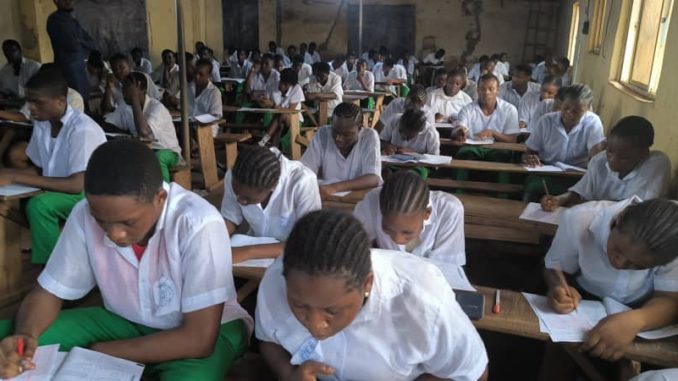

The Minister of Education (State), Tunji Alausa, announced that the federal government is pushing for the adoption of a 12-year basic education model, which would lead to the abolition of secondary schools in Nigeria.
Alausa made this statement on Thursday during the 2025 extraordinary meeting of the National Council on Education (NCE) in Abuja.
The meeting brought together education commissioners from the 36 states and the FCT, along with representatives from various MDAs and development partners.
He explained that replacing the existing 6-3-3-4 model with a 12-4 system aims to reform education in Nigeria to better align with global standards.
Currently, Nigeria’s 6-3-3-4 education system requires children to start school at age six, completing six years of primary and secondary education by the age of 18.
Alausa noted that the government seeks NCE approval to establish 16 years as the minimum entry age for tertiary institutions.
He asserted that integrating secondary schools into the basic education framework would ensure continuous learning until students turn 16.
The minister emphasised that a 12-year basic education system would significantly reduce dropout rates by eliminating financial and systemic obstacles.
He stated that it would standardise the curriculum and provide early vocational training, equipping students for both higher education and employment.
If adopted, this policy is expected to boost economic and social development by equipping young people with essential skills and reducing child labour.
Key implementation strategies will include policy reforms, infrastructure enhancement, teacher training, and curriculum development.
.png)









 English (US)
English (US)